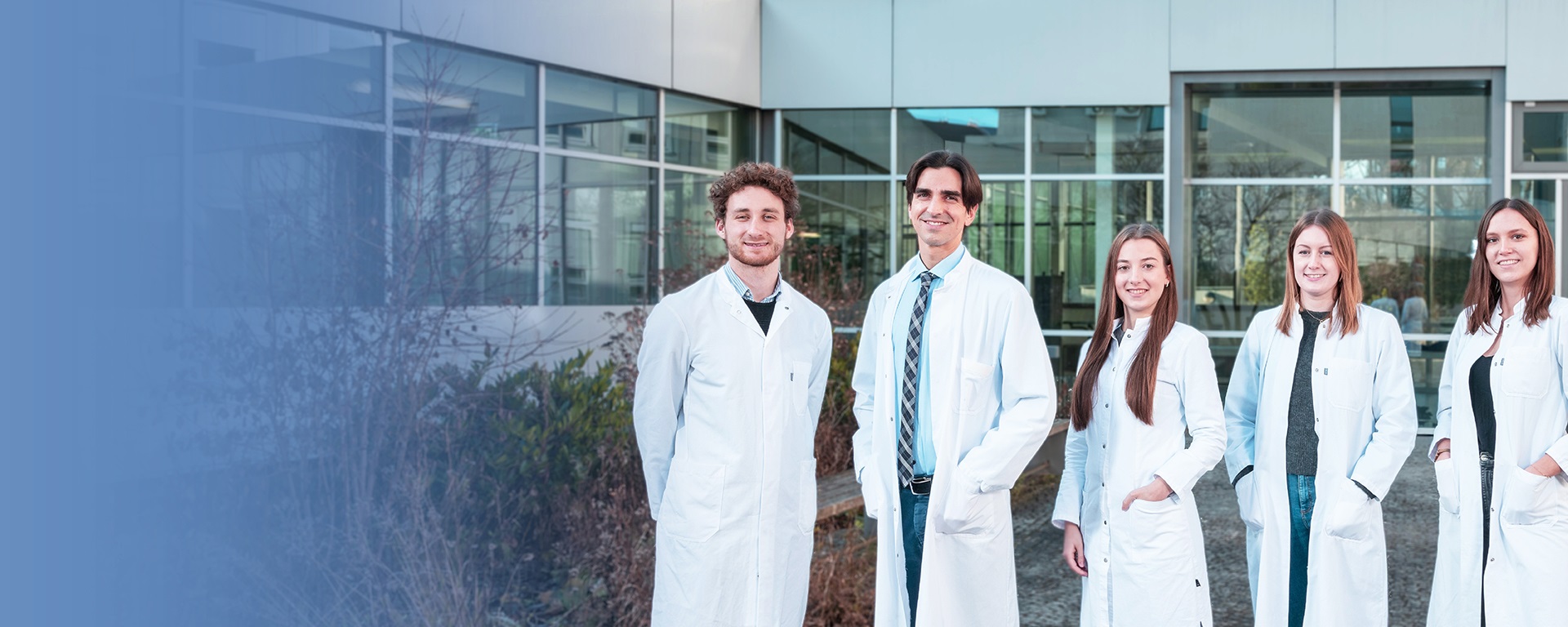Translational Research
in Microbiome and Cancer
Nachwuchsgruppe Dr. Erik T. Orberg, Ph.D.
Microbiome-based therapies of intestinal damage in leukemia and stem cell transplantation
Microbial triggers of onset, progression and relapse in hematological malignancies
Research Interests
Our reseach focuses on the cellular and molecular interactions between the microbiome, the gastrointestinal (GI) mucosa and the mucosal immune system in humans. We are interested in how microbiota modulate innate and adaptive immune pathways and how they influence the intestinal and hematopoietic stem cell niches in cancer, stem cell transplantation and immunotherapy.
Microbial diversity is a strong predictor of survival in various hematological malignancies. Foremost, our group seeks to understand the microbiome signatures that contribute to positive clinical outcomes, how these bacteria mediate protection of mucosal barriers and the molecular mechanisms by which they do so. Specifically, we are interested in microbial products that can exert protective effects on the GI epithelium with its associated stem cell and immune cell compartments.
Conversely, there is ample evidence that microbial signatures can drive cancer. In B-cell malignancies such as multiple myeloma and chronic lymphocytic leukemia, tumor growth results from aberrant B-cell-receptor signaling and dysregulated tumor microenvironment. We are confident that the microbiome regulates which antigens are accessible to B cells and has the ability to alter the lymphoid or bone marrow environment to promote tumor growth. Our approach aims to identify microbiome signatures in progressive, refractory and relapsed disease.
Furthermore, there is increasing evidence that the response to novel immunotherapies, such as immune-checkpoint blockade, is strongly microbiome-dependent. For many cancer entities, immunotherapy has been practice-changing, and as therapies relying on the activation of the immune system gain a greater hold in hematology-oncology, we aim to identify which microbiome signatures determine their efficacy.
We are part of the collaborative research center 1371, a DFG-funded consortium uniquely focused on microbiome in the context of inflammation and cancer. Here, our distinction results from the combination of clinical expertise in hematological malignancies, stem cell transplantation and cellular therapies with rigorous collection of human bio-samples and matching clinical data and integration in cutting-edge analytical pipelines at the consortium.
Our clinical aims are first, to develop microbiome-based therapeutic approaches that can protect the GI epithelium, provide resistance to intensive chemotherapy and irradiation, and induce regeneration in the context of allogeneic immune reactions after stem cell transplantation. Second, we are motivated to translate microbiome analytics to a clinical diagnostic setting, to better steer antibiotic therapy, screen antibiotic resistance genes and identify patient cadidates for FMT.
Our outlook for translational research is to define microbial communities specific to progression and relapse of mature B-cell malignancies. By transferring these communities into pre-clinical models, we aim to unravel mechanisms by which microbiome can drive cancer.
We cooperate closely with AG Heidegger (Med. III, Rechts der Isar) and AG Poeck (Med. III, University Hospital of Regensburg).
We lead the clinical study Metabolites & Microbiome in Acute Leukemia "M&M-AL" and MyeloBAC. Read more
Awards
- Vision Zero Award 2019 des Netzwerks gegen Darmkrebs
- Darmkrebs-Präventionspreis 2017 der Deutschen Krebsgesellschaft
Publications
PubMed(link is external)(link is external)
Chung L, Thiele Orberg E, Geis AL, Chan JL, Fu K, DeStefano Shields CE, Dejea CM, Fathi P, Chen J, Finard BB, Tam AJ, McAllister F, Fan H, Wu X, Ganguly S, Lebid A, Metz P, Van Meerbeke SW, Huso DL, Wick EC, Pardoll DM, Wan F, Wu S, Sears CL, Housseau F.
Bacteroides fragilis Toxin Coordinates a Pro-carcinogenic Inflammatory Cascade via Targeting of Colonic Epithelial Cells.
Cell Host Microbe. 2018Feb 14;23(2):203-214.e5.
Thiele Orberg E, Fan H, Tam AJ, Dejea CM, Destefano Shields CE, Wu S, Chung L, Finard BB, Wu X, Fathi P, Ganguly S, Fu J, Pardoll DM, Sears CL, Housseau F.
The myeloid immune signature of enterotoxigentic Bacteroides fragilis-induced murine colon tumorigenesis.
Mucosal Immunol. 2017 Mar;10(2):421-433.
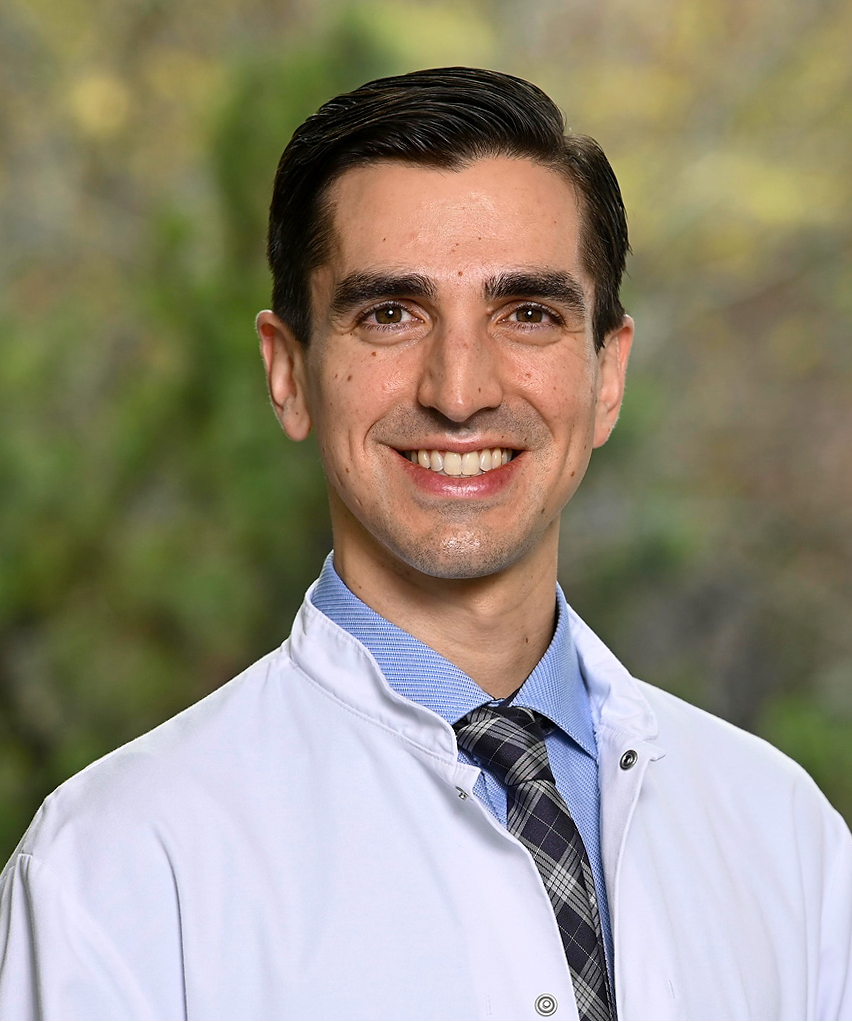
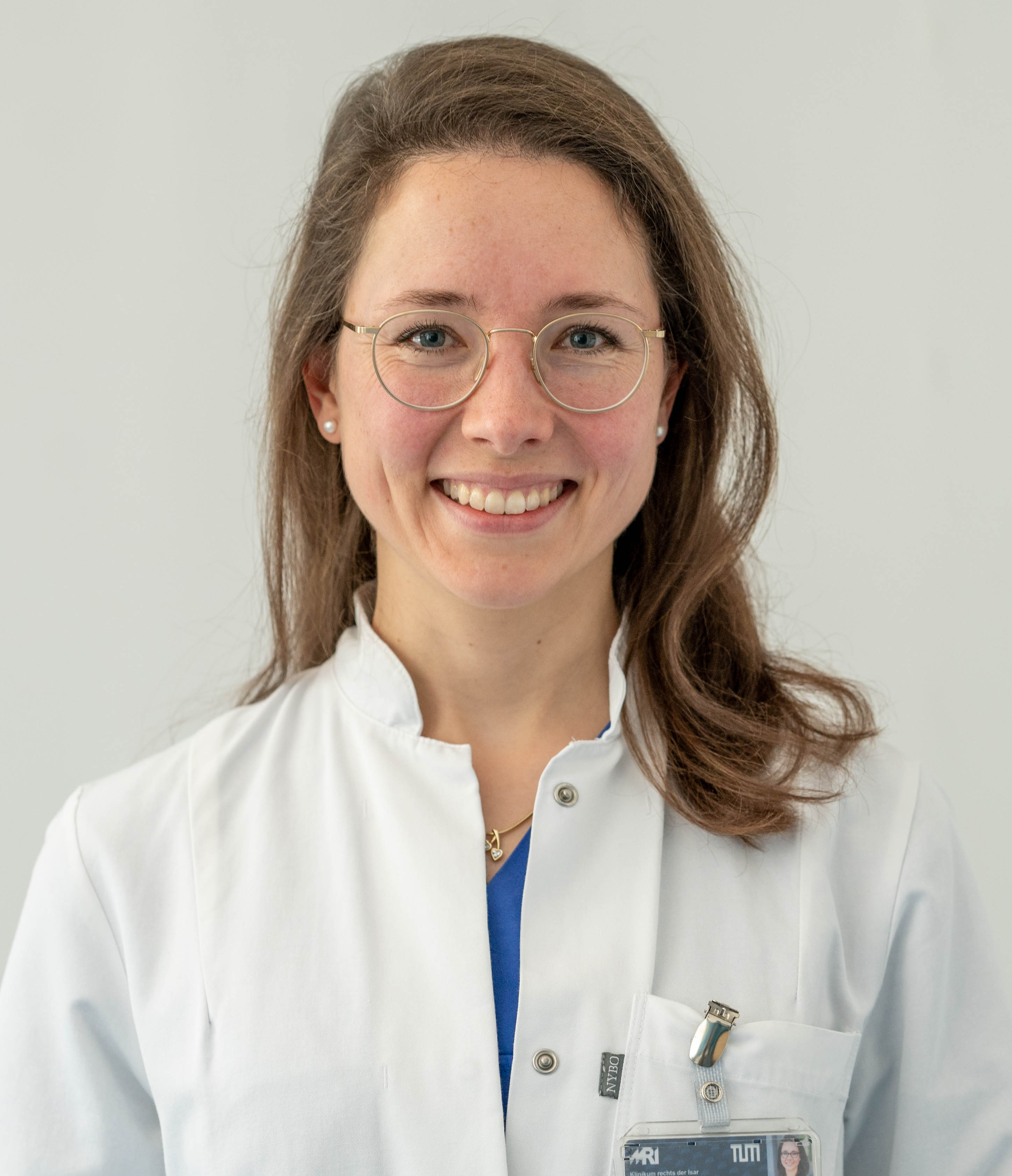
Dr. Alix Schwarz, Dipl. VWL
Study Coordinator for the "MyeloBAC" Study
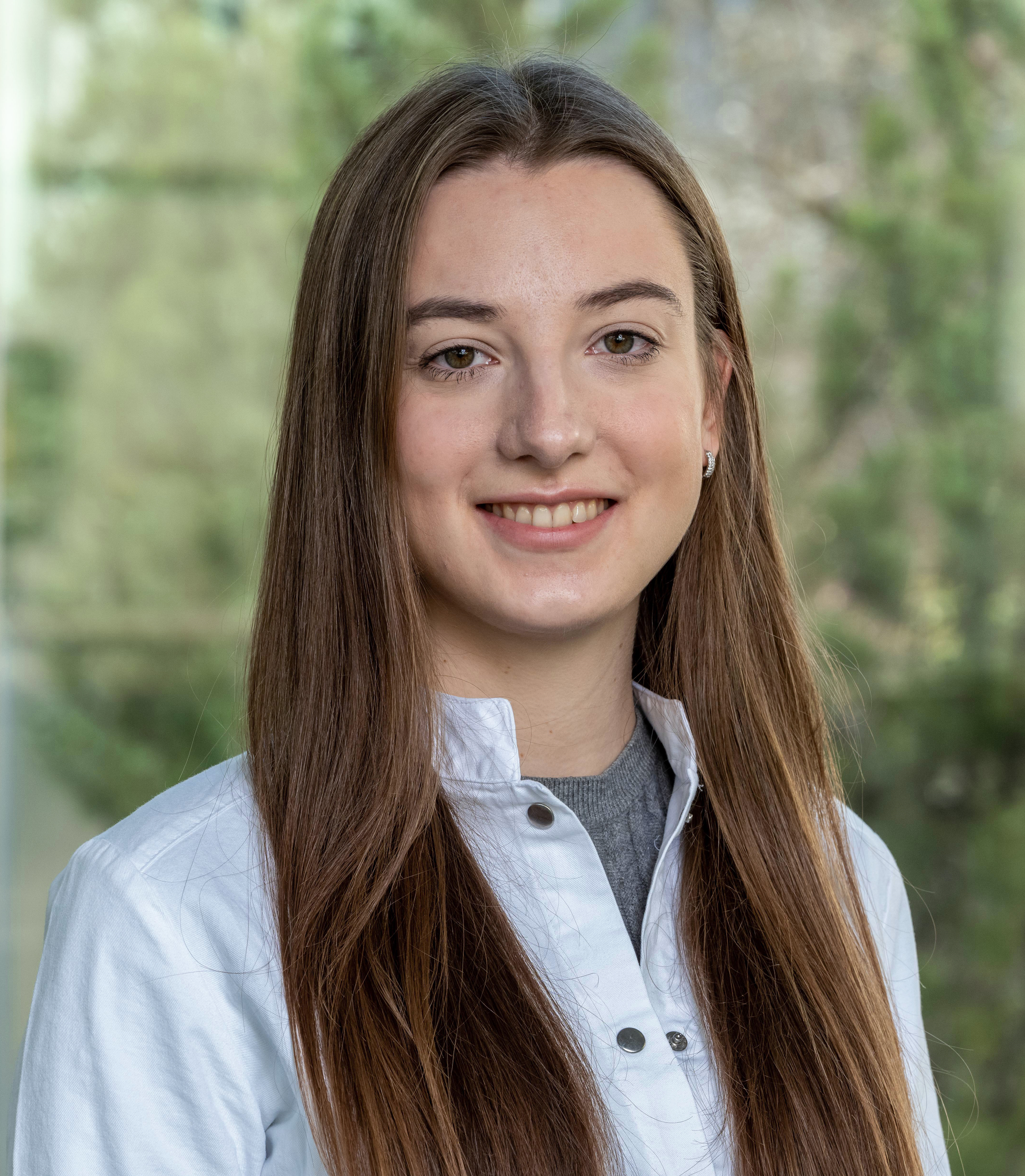
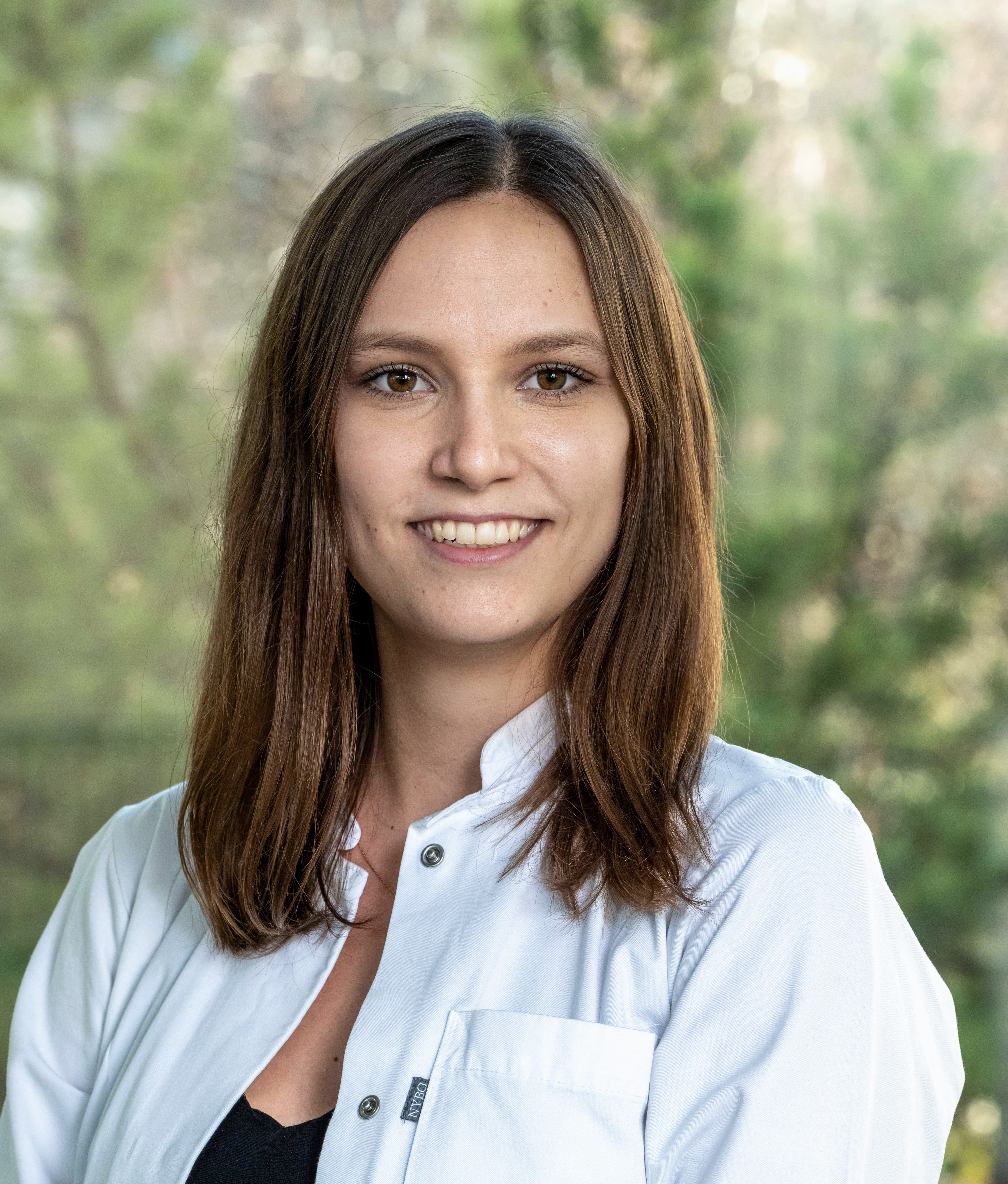
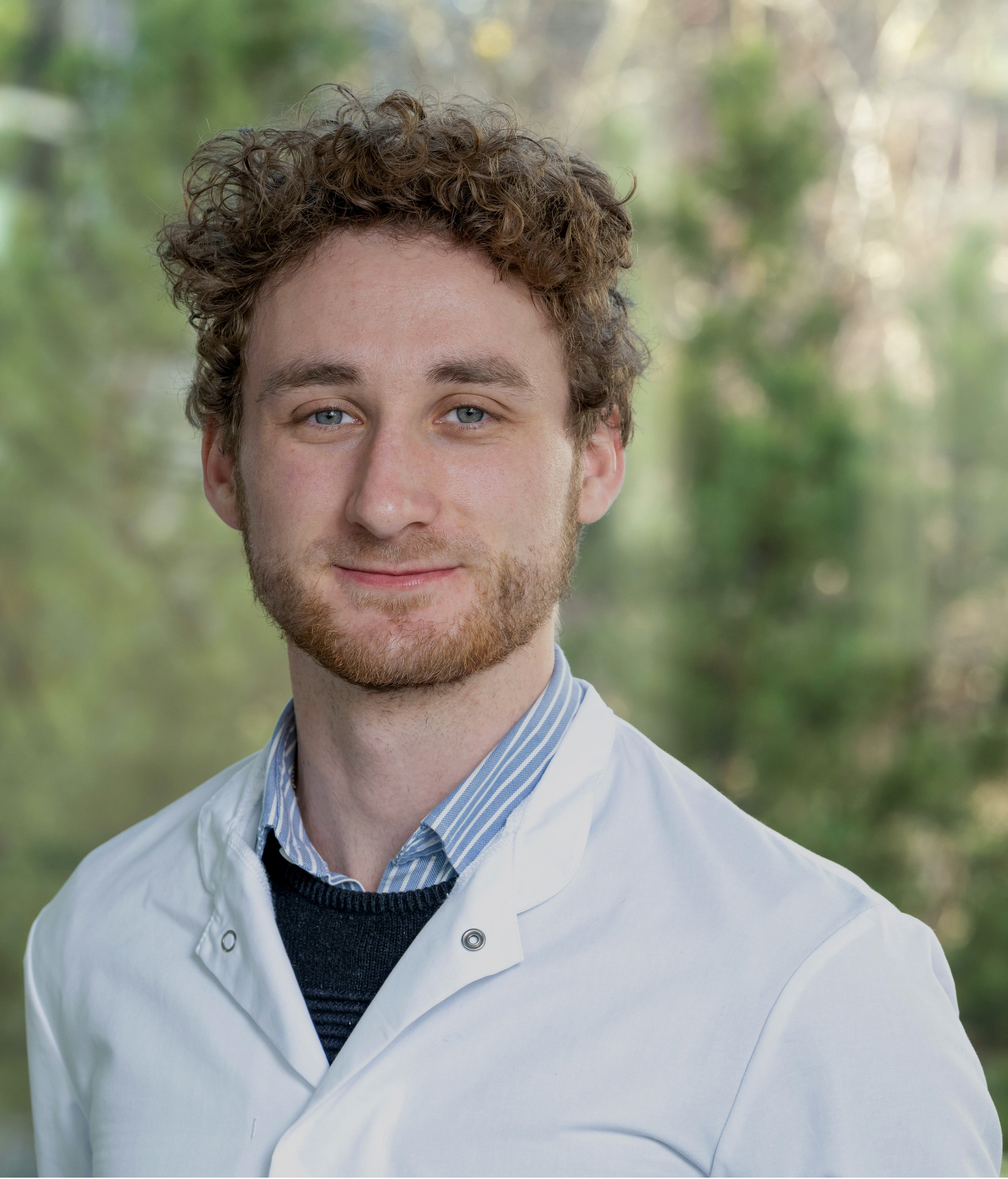
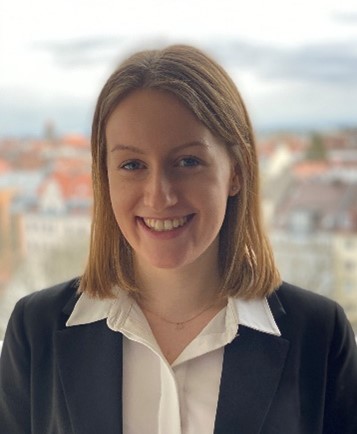
Application
Written applications for a doctoral thesis (klinische Doktorarbeit) are welcome and can be submitted by email(link sends e-mail) to Dr. Orberg.
Third party funding
Else Kröner-Fresenius-Stiftung: Forschungskolleg "Mikrobielle Trigger als Auslöser von Krankheiten"(link is external)
Deutsches Konsortium für Translationale Krebsforschung: School of Oncology (link is external)
Deutsche Gesellschaft für Innere Medizin: Clinician Scientist Programm(link is external)
We are part of
Contact
Dr. med. Erik T. Orberg, Ph.D.
Laboratory: TranslaTUM
Header Grafik
